Hybrid Solar Panels vs. Traditional Solar Panels: Which is Better?
As the world increasingly turns to renewable energy sources, solar power has become a popular choice for both residential and commercial applications. Two main types of solar panels dominate the market: traditional solar panels and hybrid solar panels. Understanding the differences, benefits, and potential drawbacks of each can help you make an informed decision about which type is best for your energy needs.
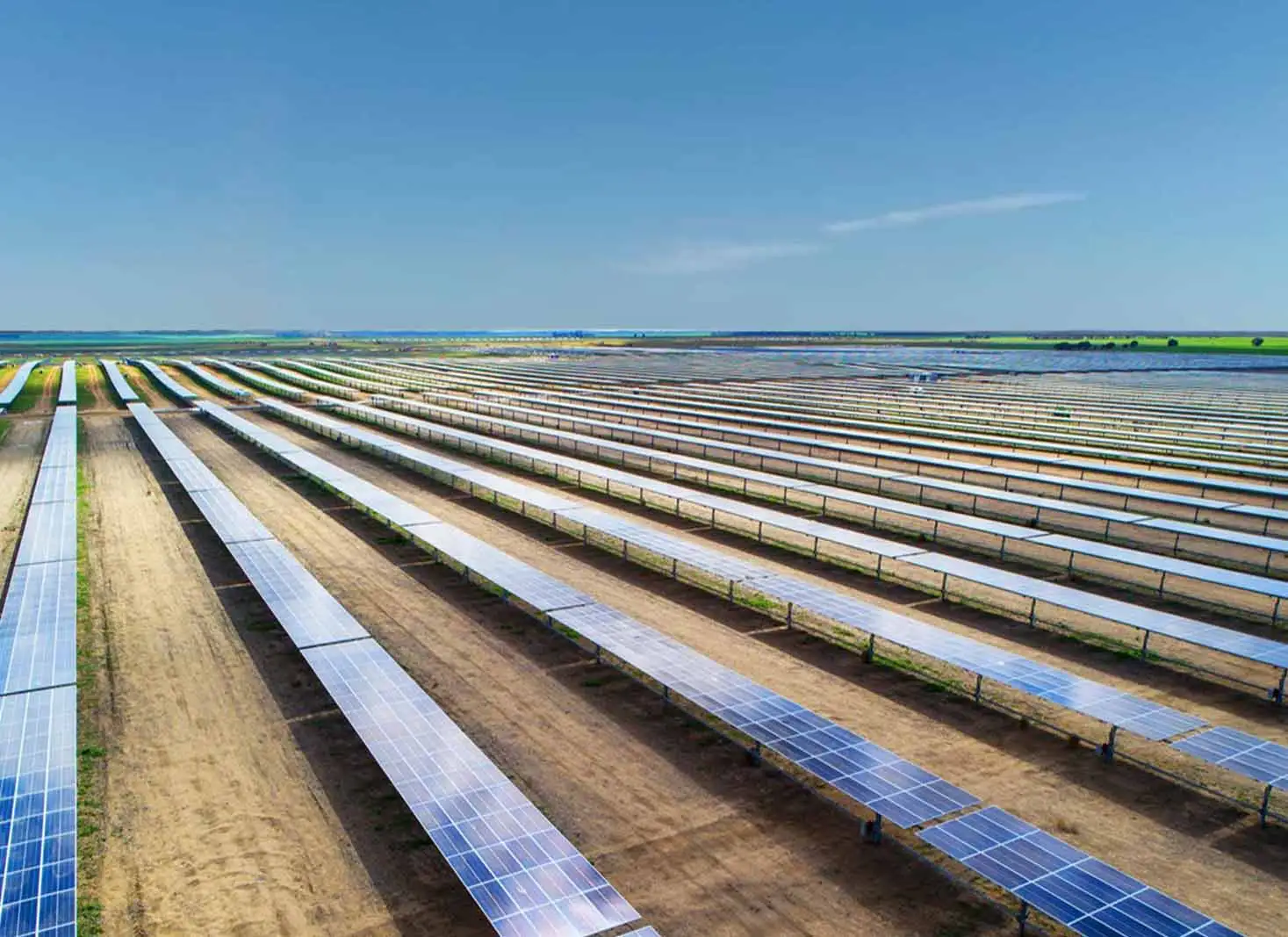
Understanding Traditional Solar Panels
What Are Traditional Solar Panels?
Traditional solar panels, also known as photovoltaic (PV) panels, convert sunlight directly into electricity using semiconductor materials, typically silicon. These panels have been widely used for decades and are known for their reliability and efficiency in converting solar energy into electrical power.
How Do They Work?
PV panels consist of multiple solar cells connected together. When sunlight hits these cells, it excites the electrons in the semiconductor material, creating an electric current. This direct current (DC) electricity is then converted into alternating current (AC) electricity by an inverter, making it usable for homes and businesses.
Advantages of Traditional Solar Panels
- Proven Technology: Traditional solar panels have been in use for many years and have a well-established track record of performance and durability.
- Cost-Effective: Over the years, the cost of traditional solar panels has decreased significantly, making them more affordable for a wide range of consumers.
- Wide Availability: Traditional solar panels are widely available and supported by a large network of installers and manufacturers.
Disadvantages of Traditional Solar Panels
- Weather Dependence: The efficiency of traditional solar panels can be significantly affected by weather conditions, such as cloudy or rainy days.
- Energy Storage: Traditional systems require separate battery storage solutions to store excess energy for use during non-sunny periods, which can increase overall system costs.
Understanding Hybrid Solar Panels
What Are Hybrid Solar Panels?
Hybrid solar panels combine traditional photovoltaic technology with additional features, such as integrated battery storage or thermal energy capture. These panels are designed to maximize energy efficiency and provide more consistent power output, regardless of weather conditions.
How Do They Work?
Hybrid solar panels operate similarly to traditional PV panels but include additional components to enhance performance. For example, some hybrid systems integrate batteries to store excess energy generated during sunny periods, which can then be used when sunlight is not available. Other hybrid panels might combine solar PV with solar thermal technology, capturing both electrical and thermal energy from the sun.
Advantages of Hybrid Solar Panels
- Energy Storage: Integrated battery storage allows hybrid panels to store excess energy, reducing dependence on the grid and providing power during non-sunny periods.
- Enhanced Efficiency: Hybrid systems often achieve higher overall efficiency by combining multiple energy capture methods.
- Weather Resilience: Hybrid panels can continue to provide power even in less-than-ideal weather conditions, offering more consistent energy output.
Disadvantages of Hybrid Solar Panels
- Higher Initial Cost: The advanced technology and additional components in hybrid panels can make them more expensive upfront compared to traditional solar panels.
- Complexity: Hybrid systems can be more complex to install and maintain, requiring specialized knowledge and potentially higher maintenance costs.
Comparing Traditional and Hybrid Solar Panels
Cost
Traditional solar panels typically have a lower initial cost compared to hybrid panels. However, hybrid panels can offer cost savings over time through increased efficiency and reduced grid dependence. When considering costs, it’s essential to factor in both the upfront investment and long-term savings.
Efficiency
Hybrid solar panels often outperform traditional panels in terms of overall efficiency. The integration of battery storage and additional energy capture methods allows hybrid systems to maximize energy production and provide a more reliable power supply.
Installation and Maintenance
Traditional solar panels are generally easier and cheaper to install and maintain due to their simpler design and wide availability of expertise. Hybrid panels, while offering advanced features, may require specialized installation and maintenance, potentially leading to higher costs.
Environmental Impact
Both traditional and hybrid solar panels offer significant environmental benefits by reducing reliance on fossil fuels and lowering carbon emissions. Hybrid panels, with their enhanced efficiency and energy storage capabilities, can further minimize environmental impact by maximizing renewable energy use.
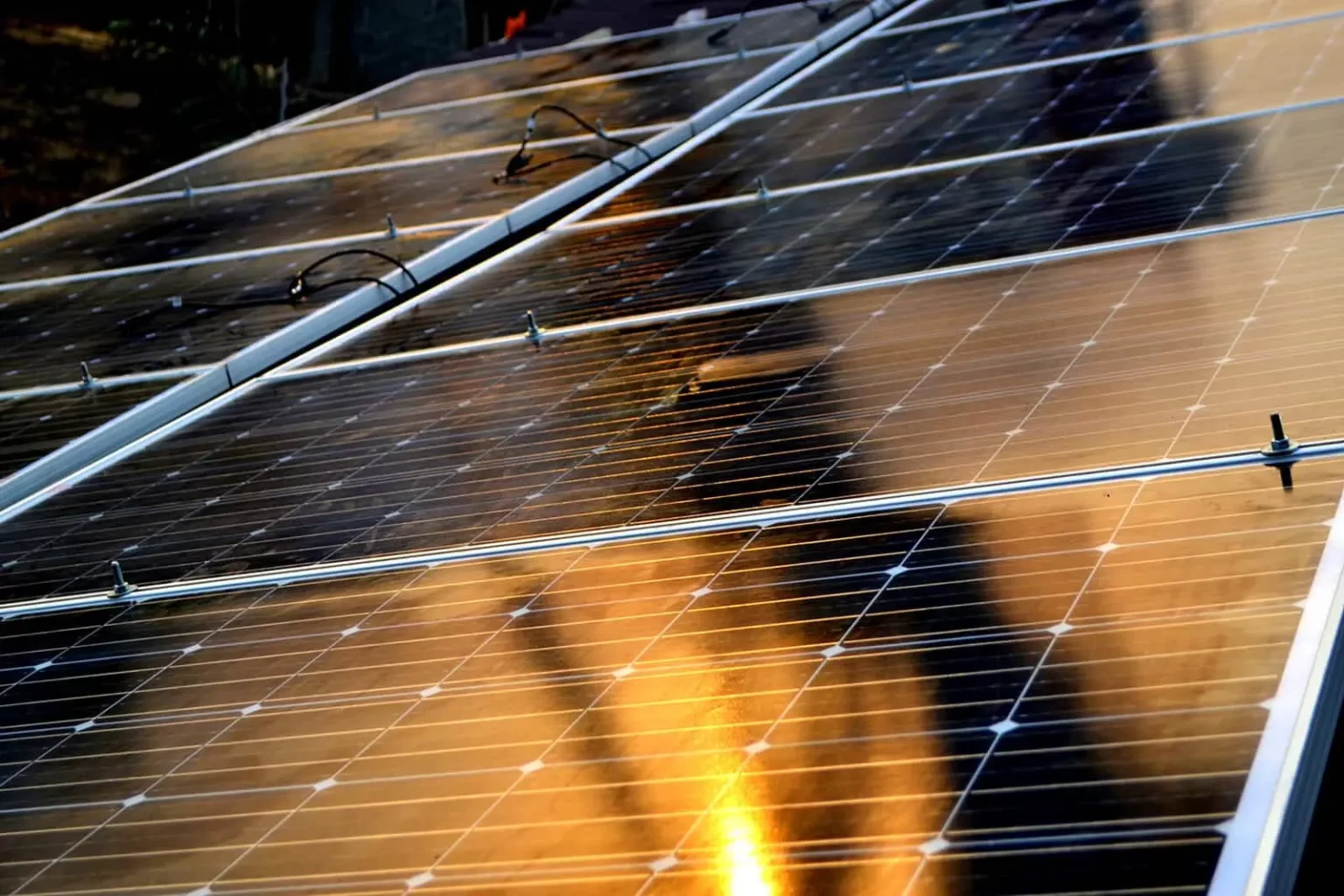
Understanding Traditional Solar Panels
What Are Traditional Solar Panels?
Traditional solar panels, also known as photovoltaic (PV) panels, convert sunlight directly into electricity using semiconductor materials, typically silicon. These panels have been widely used for decades and are known for their reliability and efficiency in converting solar energy into electrical power.
How Do They Work?
PV panels consist of multiple solar cells connected together. When sunlight hits these cells, it excites the electrons in the semiconductor material, creating an electric current. This direct current (DC) electricity is then converted into alternating current (AC) electricity by an inverter, making it usable for homes and businesses.
Advantages of Traditional Solar Panels
- Proven Technology: Traditional solar panels have been in use for many years and have a well-established track record of performance and durability.
- Cost-Effective: Over the years, the cost of traditional solar panels has decreased significantly, making them more affordable for a wide range of consumers.
- Wide Availability: Traditional solar panels are widely available and supported by a large network of installers and manufacturers.
Disadvantages of Traditional Solar Panels
- Weather Dependence: The efficiency of traditional solar panels can be significantly affected by weather conditions, such as cloudy or rainy days.
- Energy Storage: Traditional systems require separate battery storage solutions to store excess energy for use during non-sunny periods, which can increase overall system costs.
Which Is Better?
The choice between hybrid and traditional solar panels ultimately depends on your specific needs, budget, and energy goals.
Choose Traditional Solar Panels If:
- You are looking for a cost-effective, proven solution with a lower initial investment.
- You have a reliable connection to the grid and do not require extensive energy storage.
- You prefer a simpler installation and maintenance process.
Choose Hybrid Solar Panels If:
- You want to maximize energy efficiency and reduce reliance on the grid.
- You need a reliable power source regardless of weather conditions.
- You are willing to invest more upfront for long-term savings and enhanced performance.
Conclusion
Both traditional and hybrid solar panels have their unique advantages and potential drawbacks. Traditional solar panels offer a cost-effective, reliable solution for many households and businesses, while hybrid panels provide enhanced efficiency and energy storage capabilities for those looking to maximize their renewable energy use. By carefully considering your specific needs and weighing the pros and cons of each option, you can make an
Contact us
- [email protected]
- Tel: +86 13651638099
- Address: 333 Fengcun Road, Fengxian District, Shanghai
Get A Quote Now!
Read more
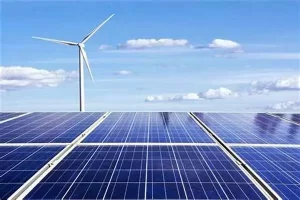
Unveiling Photovoltaic+Energy Storage: Four Major Application Scenarios Leading the Future of Energy
In this way, the energy landscape is evolving, and one of the most thrilling developments in renewables is the integration of photovoltaics energy storage.
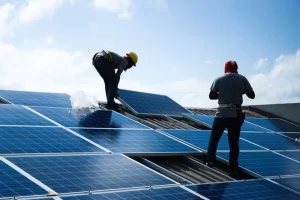
From Theory to Practice: Four Methods for Estimating Photovoltaic Power Generation
Photovoltaic power generation has become an essential part of modern energy solutions, particularly in home solar systems and distributed power applications
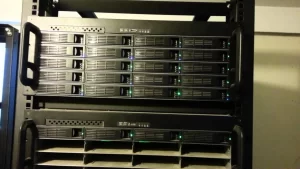
Rack-Mounted Lithium Iron Batteries: Creating Efficient and Reliable Energy Storage Solutions
When it comes to modern energy solutions, rack-mounted lithium iron batteries are taking center stage in a variety of industries. Whether you’re powering data centers, stabilizing energy for households, or keeping critical systems online at 5G base stations, these batteries have become the unsung heroes of our electrified world.
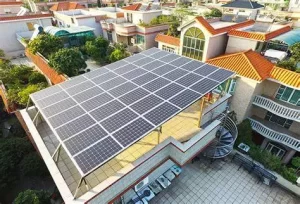
Late Night Energy Saving Tips: How to Maximize Electricity Savings During Off-Peak Hours
With rising energy costs, homeowners are increasingly exploring innovative ways to save on their electricity bills. One effective approach is utilizing off-peak hours—times when electricity rates are significantly lower due to reduced demand.
